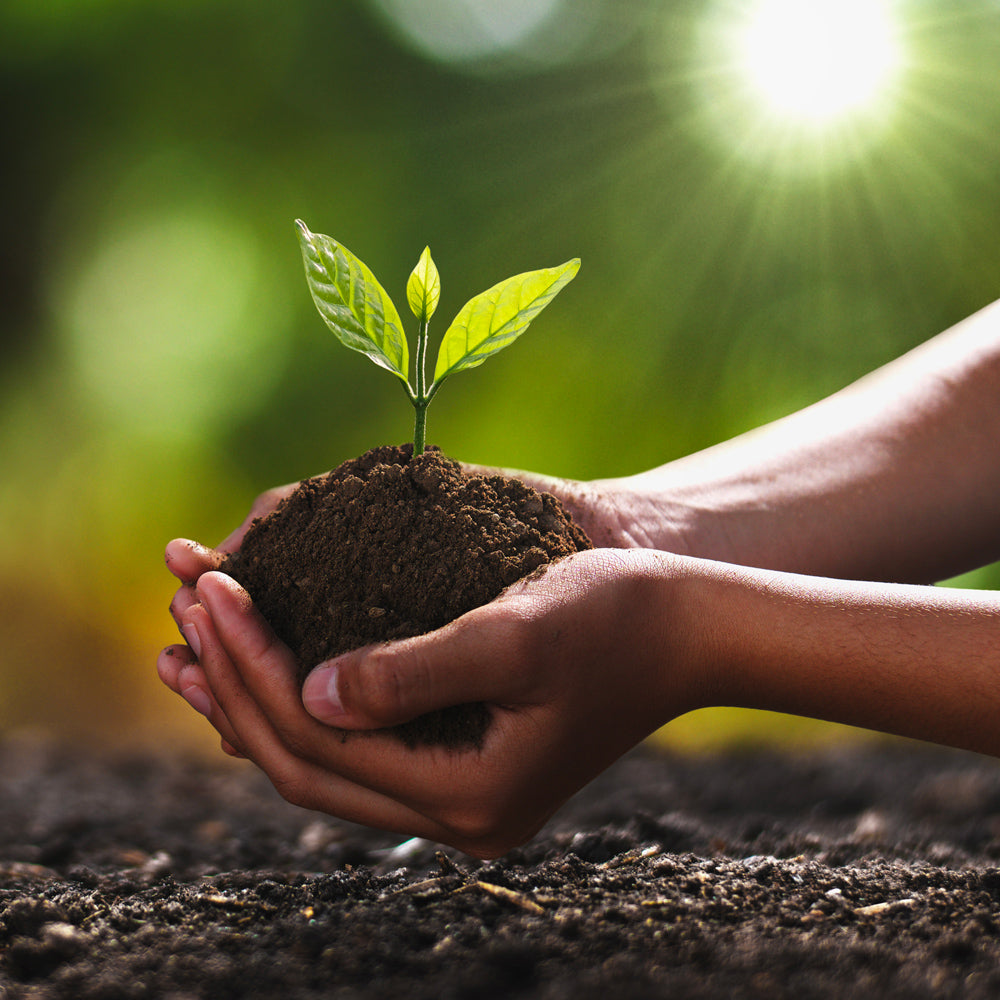
Protecting the Planet Together
At Puramins, our commitment to health extends beyond individual wellbeing to the health of our planet. We believe that creating premium supplements shouldn't come at the environment's expense, which is why sustainability is fundamental to everything we do.
From working with Ecologi to plant trees and support climate action projects, to our thoughtfully designed packaging and 100% renewable energy manufacturing, every decision is made with environmental responsibility in mind. We're proud to offer products that not only support your health but also contribute to a healthier planet for future generations.
This journey towards sustainability is ongoing, and we're constantly exploring new ways to reduce our environmental impact while maintaining the exceptional quality you expect from Puramins. We invite you to discover how your choice of supplements can make a positive difference for both you and our planet.
Our Thoughtful Packaging
Self-detaching label
Our innovative label has a special adhesive that releases automatically during the warm bath process at industrial recycling, achieving over 96% total recyclability.
30% recycled PET plastic bottle
Made with post-consumer recycled plastic, reducing virgin plastic use while maintaining the highest standards of supplement protection.
Mono material construction
Our bottles, tops and labels all use the same material for maximum recyclability, making the recycling process more efficient and energy-effective while ensuring the entire container can be processed together.
No extra packaging
We don't use extra cardboard boxes, bubble wrap, tissue paper, neck or full plastic wrap sleeves, or any other packaging, minimising waste without compromising protection.
Lightweight design
Our optimised bottle construction reduces transportation emissions while maintaining durability and protection.
Zero-waste label printing
Our advanced printing processes eliminate production waste while ensuring clear, long-lasting label information.
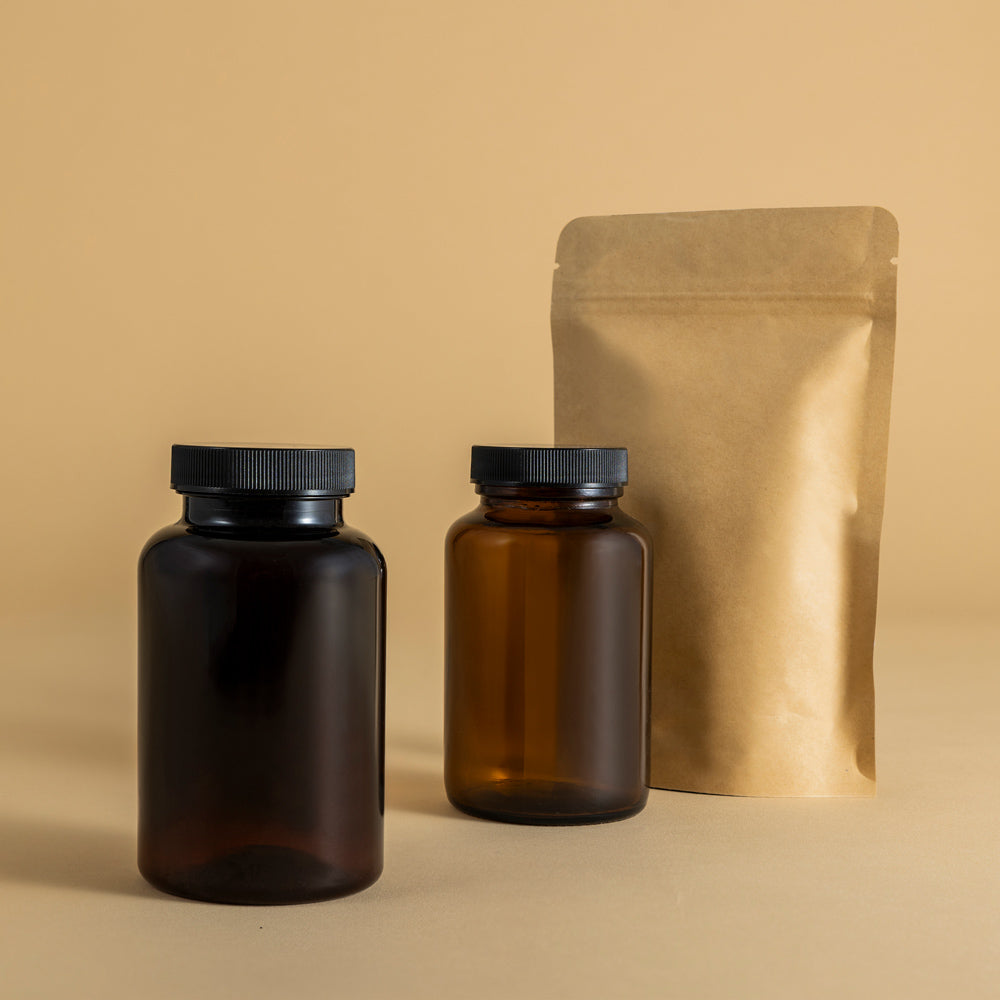
Why do we Use Plastic?
Our choice of 30% recycled PET plastic delivers optimal performance while minimising environmental impact. It provides superior protection against moisture, oxygen, and UV rays, ensuring supplement potency, while being significantly lighter than alternatives like glass. This lighter weight translates directly to reduced transportation emissions. PET is also virtually shatterproof, which minimizes product loss and safety risks, while being widely recyclable through existing infrastructure.
We've carefully evaluated alternative packaging options. Glass, while infinitely recyclable, presents significant challenges. It's 17-18 times heavier than plastic (1), resulting in substantially higher transportation emissions and often a greater overall carbon footprint (2,3). The higher risk of breakage during shipping and handling, combined with greater energy requirements for production, makes it less suitable for our needs.
Resealable pouches might seem like a sustainable choice, but they often contain non-recyclable waterproof seals and are typically made from mixed materials that can't be recycled. They also can provide less effective protection for supplement potency and have limited barrier properties against moisture and oxygen, depending on the materials used.
The Future
By choosing recycled PET plastic with our innovative self-detaching label system, we've found the optimal balance between product protection, environmental responsibility, and practical sustainability.
We're actively monitoring developments in sustainable packaging, including sugarcane-based plastics, paperboard and fibreboard options, and other emerging technologies. We also aim to increase the recycled content of our plastic bottles to over 90%, further reducing our environmental impact.
Powered by Renewables
Our commitment to sustainability extends beyond packaging to the manufacturing process itself. Our products are crafted using 100% renewable energy, reflecting our dedication to reducing environmental impact at every stage.
We're proud to partner with a manufacturer who shares our environmental values. Through comprehensive recycling programmes, waste minimisation initiatives, and paperless operations, they've consistently reduced their ecological footprint over the years. Their ongoing commitment to finding new ways to improve their environmental performance aligns perfectly with our vision for a more sustainable future.
Supporting Climate Action
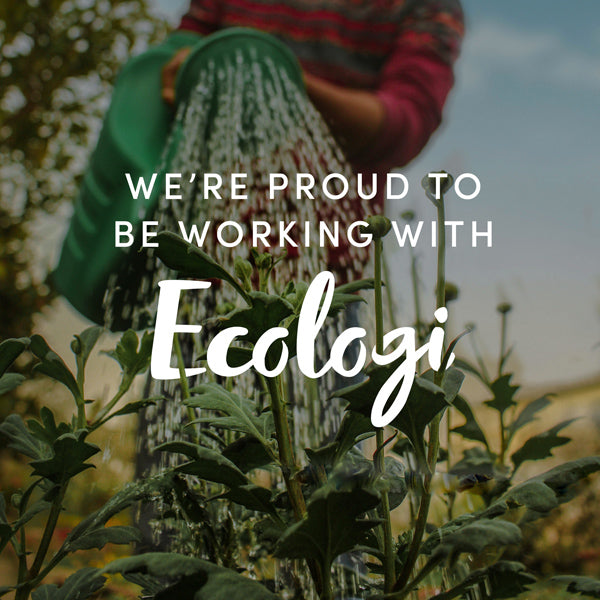
We're proud to work with Ecologi, a groundbreaking climate action platform that's revolutionising how businesses tackle environmental challenges.
Founded in 2019, Ecologi has already made remarkable strides in global conservation, funding over 70 million trees and helping avoid more than 2.8 million tonnes of CO2 emissions.
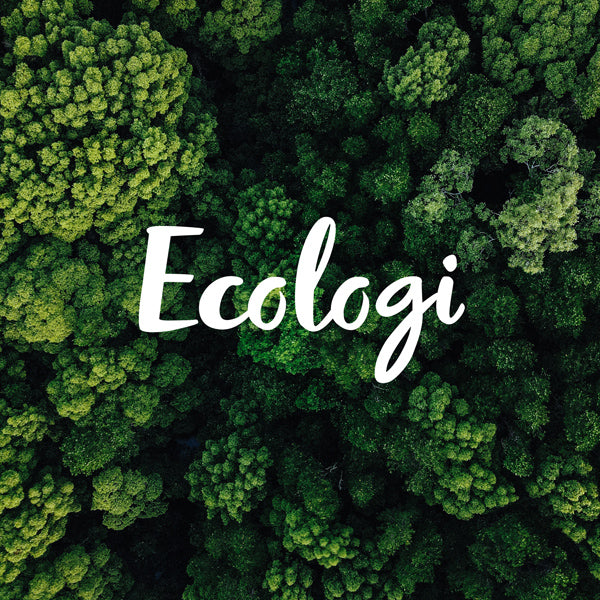
Every project they support is carefully selected and verified, with full financial transparency and detailed impact reporting available to the public.
These initiatives don't just combat climate change; they create positive ripple effects for biodiversity, local communities, and ecosystem health.
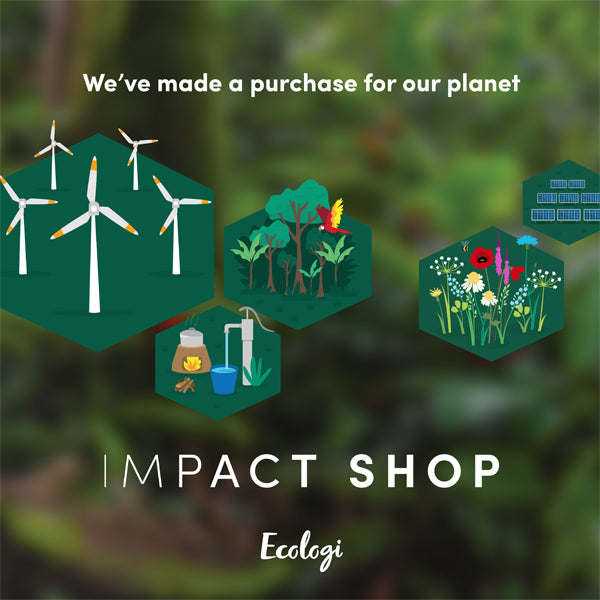
Every Puramins order plants a tree or supports other impactful climate projects. We hope to do more as time goes on.
It's part of our belief that business can and should be a force for positive environmental change.
Sustainability isn't just an afterthought – it's woven into every decision we make.
1) Islam MS, Uddin J, Alshehri K. Plastic Waste and Carbon Footprint Generation Due to the Consumption of Bottled Waters in Saudi Arabia. March 2018. Research & Development in Material Science 5(1). (https://www.researchgate.net/publication/324151712_Plastic_Waste_and_Carbon_Footprint_Generation_Due_to_the_Consumption_of_Bottled_Waters_in_Saudi_Arabia)
2) McKinsey & Company. Climate impact of plastics. (https://www.mckinsey.com/industries/chemicals/our-insights/climate-impact-of-plastics)
3) Amienyo D, Gujba H, Stichnothe H, Azapagic A. Life cycle environmental impacts of carbonated soft drinks. The International Journal of Life Cycle Assessment. January 2012 - 18(1). (https://www.researchgate.net/publication/257679872_Life_cycle_environmental_impacts_of_carbonated_soft_drinks).
